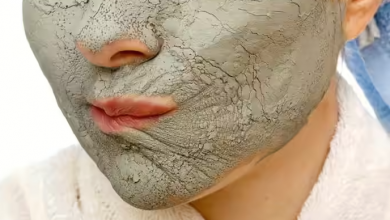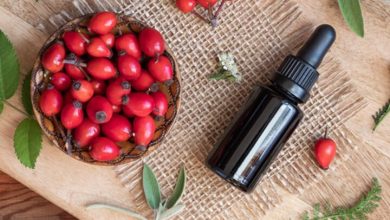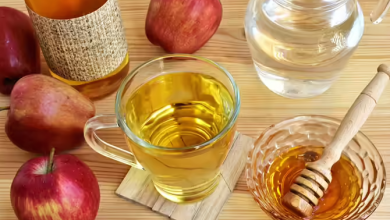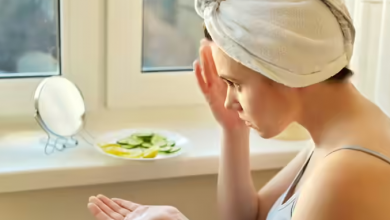Is Using Ice on Pimples Effective?

When it comes to managing zits, there are no quick fixes. However, if you struggle with painful breakouts, applying ice can help soothe inflammation and manage discomfort. While ice cannot cure zits, it is an effective remedy for temporary relief. Before reaching for the ice, read on to discover how it can help, how to use it properly, and essential precautions.
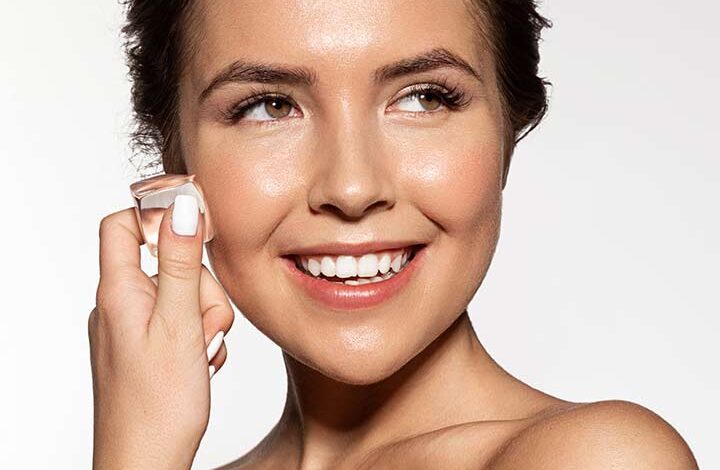
Ice for Zits: Does It Really Help?
The idea of using cold treatments to address zits isn’t new. In fact, the concept was first proposed in 1925 by Giraudeau, who suggested using acetone, carbon dioxide snow, and sulfur for treatment. English physician James Arnott also championed cold therapies for acne relief. Here’s how ice can benefit your skin:
- Reduces Swelling and Inflammation
Ice constricts blood vessels and slows blood flow, which helps reduce redness and swelling—particularly beneficial for cystic zits, a painful form that occurs when pus-filled cysts form beneath the skin. Quick Tip: If you notice redness or dryness after using ice, apply olive oil or aloe vera gel to soothe the area. - Shrinks Pores
Clogged pores are a primary cause of zits. Ice helps tighten skin pores, making it harder for bacteria and dirt to accumulate. Note: Ice is most effective for inflammatory zits, such as papules, cysts, and pustules, but does not work on non-inflammatory types like blackheads and whiteheads.

How to Apply Ice for Fast Relief
To avoid ice burn or irritation, follow these guidelines:
- Make an Ice Pack
Wrap ice cubes in a towel or place them in a sandwich bag. Gently rub the ice over the affected area for about 10 minutes, then take a break for 3-4 minutes before reapplying. Never exceed 20 minutes of application time. Asha’s Experience: A blogger shared that using ice cubes in circular motions on her face brought noticeable relief, especially by morning. She emphasized its affordability and lack of side effects. - Cold Water Rinse
If you find ice too harsh, splash cold water on your face morning and evening. A mild cleanser is sufficient to keep your skin clean. - Infusions
Freeze a mixture of water, lemon juice, and tomato juice in ice cubes. However, avoid lemon juice if you have sensitive skin, as it can be irritating. Alternatively, brew green or chamomile tea, freeze it, and use the cubes on your face. Quick Tip: For added nourishment, freeze fresh fruit pieces in water and use these fruity ice cubes on your pimples. - Face Immersion
Fill a bowl with cold water, add ice cubes, and immerse your face for a few seconds. You can also add cucumber and lemon slices for extra benefits.

Disadvantages of Rubbing Ice on the Face
While ice can provide temporary relief, there are potential downsides:
- Temporary Effects: Ice can slow blood flow, but it does not improve overall skin health.
- Sensitivity Issues: People with sensitive skin may experience irritation or increased sensitivity.
Precautions to Consider
- Pus Buildup: Applying ice may bring pus to the surface, making it tempting to squeeze. Avoid this, as it can worsen inflammation and lead to scarring.
- Frostbite Risk: Never apply ice directly to the skin for too long to avoid frostbite.
- Gentle Application: Rubbing ice too harshly can irritate the zit further.
- Use Heat Wisely: If using a warm compress first, ensure it’s before applying ice, not after.
While ice packs can offer immediate relief, they are not a comprehensive solution for treating zits. It’s crucial to monitor your overall lifestyle, consult with a doctor if necessary, and give your skin time to heal.

Frequently Asked Questions
- How long does it take for pimples to disappear with ice?
Ice provides quick relief but doesn’t cure pimples. Combine it with proper treatment for better results. - Can I use ice on my face every day?
Yes, but watch for side effects. Keep your skin well-hydrated and stress-free. - Does ice help pimples overnight?
Ice can reduce inflammation and pain, but it won’t eliminate pimples overnight. - Can ice prevent new pimples from forming?
While it may temporarily constrict pores, it won’t prevent pimples caused by hormonal or dietary imbalances. - Is ice a natural alternative to acne medications?
Ice is not a substitute for medications. It may help with certain inflammatory zits but isn’t a comprehensive treatment. - When should I seek professional help for persistent zits?
If you experience pain, fever, or if the zit doesn’t respond to home remedies or OTC treatments, consult a professional.
Key Takeaways
- Ice can reduce redness and pain by restricting blood flow.
- Always wrap ice in a clean cloth to prevent skin damage.
- Consult a doctor if a pimple doesn’t improve with ice treatment.


